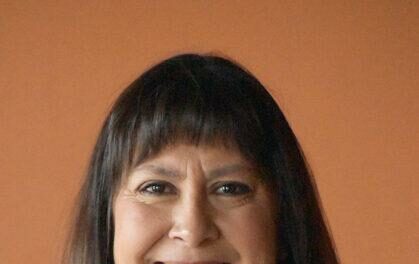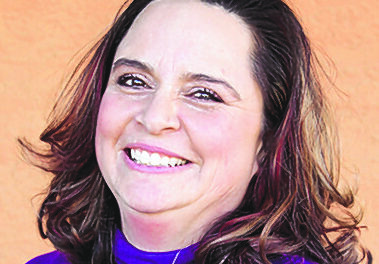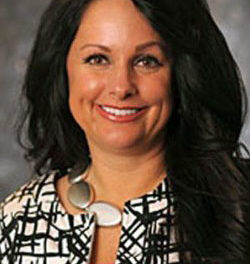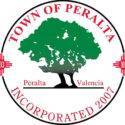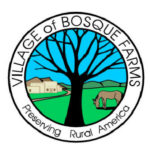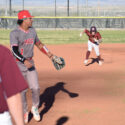The judge’s role when conducting a trial without a jury is to serve as the finder of fact. This requires objectivity while hearing testimony, reviewing evidence and applying the law.
Court cases typically have a high degree of emotion as parties dispute the facts and intentions of one another. This is especially true with civil cases. When possible, courts use mediation to help parties find common ground and it is considered a success when they do so.
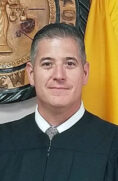
Judge John Chavez
As we approach the 19th anniversary of the 9/11 attacks in 2001, I recollect a different time in America than we have today. Perhaps some of my recollections are fogged by nostalgic sentiment, but overarchingly, I remember we were united in a common cause.
Was it so long ago that we did not question the race, color, national origin, religion, gender or age of those that died on that day? Was it so long ago that we vowed to proudly stand next to one another to defend our nation and its ideals? The truth is, for some, it is not so long ago, a mere 20 years. For others, like my 19-year-old son, it is a lifetime.
Why were we united in the face of national crisis in 2001 and seemingly not so today? I have given this a lot of thought and tried to use my judicial fact-finding skills to discern an answer, and I believe I found one that is possibly worth sharing.
In 2001, we had both a common threat and we had a defined event that we could see, feel and react to. Beyond its scope, it was not unlike what we see whenever there is a natural disaster when we witness so many acts of kindness and heroism that we shine as a nation.
In 2020, we have a common threat — the pandemic — but the event is not contained to a single day or week. Instead, we stand in the middle of the storm, always at the wall of the hurricane, always unsure of what tomorrow will bring. Even though we are in receipt of massive amounts of information and statistics about COVID-19, without any previous experience with the virus, we still have no real grasp on what will happen next.
In mediation, when trying to find common ground, mediators will often reframe the problem. When I reframe the problem, I conclude that the common threat is not in fact the pandemic but the unknown.
When confronted with a threat, we, as humans, have a fight or flight response that remains until that threat is eliminated or evaded. With our best efforts, as individuals, we cannot fight the pandemic. We rely on researchers to develop a vaccine and for our frontline health care workers to treat those infected. Nor does it seem that we can effectively flee the pandemic. The best we can do is to take steps to mitigate the risk.
Uncertainty, on the other hand, is something we can combat. How do we do this? We must find sure footing on those things that we know to be certain. We learn from the Declaration of Independence that certain truths are self-evident. Many, our founders and myself included, find our Creator to be self-evident. I also find it to be self-evident that my family, even though we sometimes squabble, to be in my corner when times are rough. And I find it to be self-evident that friendships forged over time are strong even during times of adversity.
These are what I hold on to in times of uncertainty. While I want to have as much information as possible and I long to be in control of the world around me, I cannot control the events of our time. But I can rely on those things that I find to be self-evident to be my North Star and to guide me in waters unknown.
In short: I do not know what the stock market will do tomorrow. I have no insight as to what the next public health order will say. I cannot predict the results of the elections in November. Nor do I know if I or a family member will become infected by COVID-19 in the coming weeks or months. But I do know that with God, my family and my friends at my side I am not alone, and I need not be afraid.
I also find hope in my memories of the days that followed 9/11 and know that we are a country that, although we have problems, is still the greatest nation to ever exist. Like those days, I proudly state that I would gladly stand next to my fellow Americans and defend our country and the ideals upon which it was founded. After all is said and done, we are strongest when we are a nation united.
(Judge John R. Chavez is the magistrate in Belen. He is a native of Valencia County and is a retired U.S. Army colonel.)
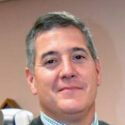
Judge John Chavez, guest columnist
Magistrate Judge John R. Chavez is the magistrate in Belen. He is a native of Valencia County and is a retired U.S. Army colonel.
